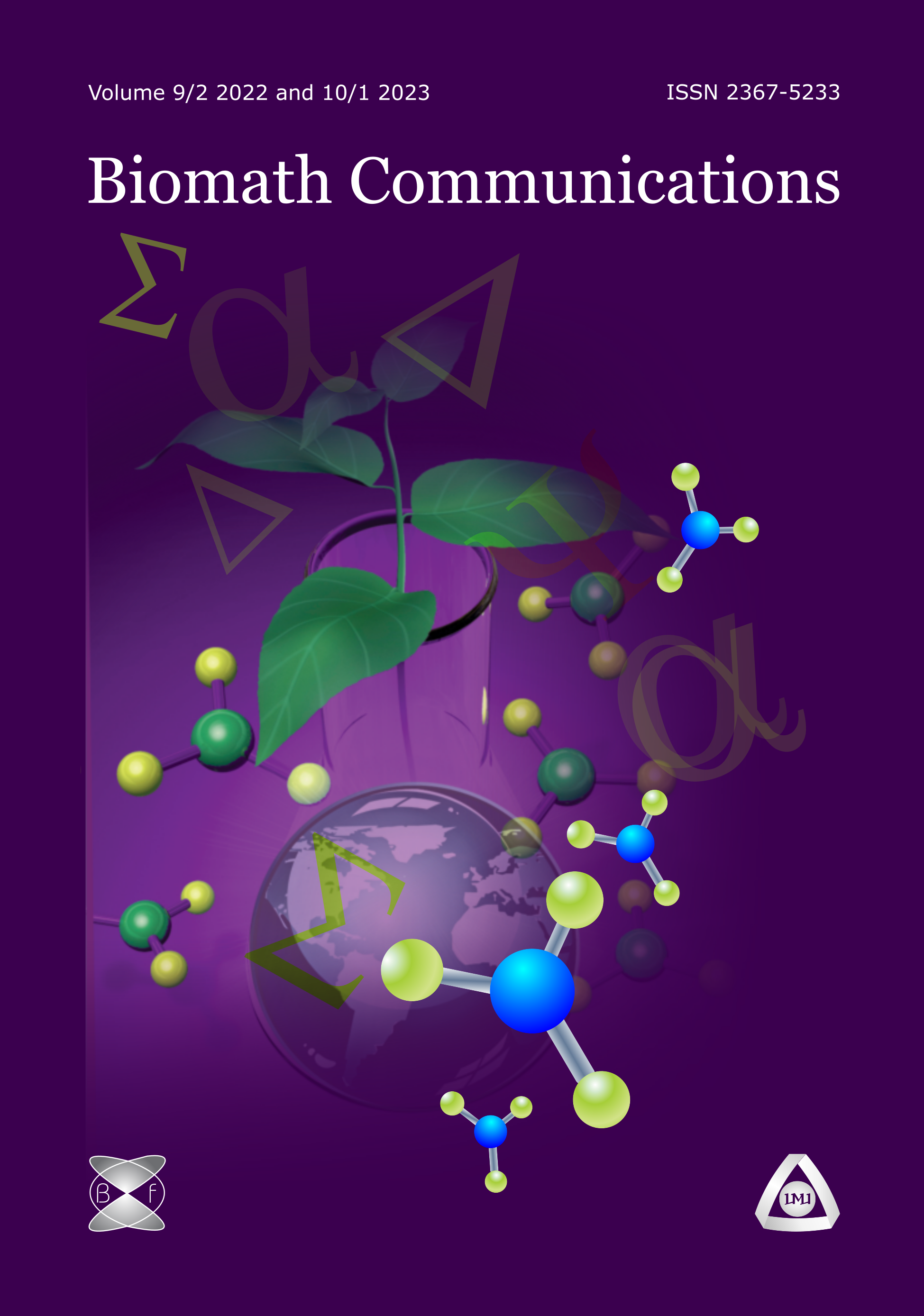Intervals and (non-)negative numbers
DOI:
https://doi.org/10.11145/bmc.2018.12.317Abstract
Intervals have a double nature: they can be considered as compact sets ofВ real numbers (set-intervals) or as approximate numbers. A set-interval isВ presented as an ordered pair of two real numbers (interval end-points), whereasВ an approximate number is an ordered pairВ consisting of a real ``exact'' number and a nonnegative error bound.В Thus, differently to the case withВ set-intervals, where both endpoints are real numbers, when operating with approximate numbers,В one should know the algebraic properties of the arithmetic operationsВ over error bounds, that is over nonnegative numbers. ThisВ work is devoted to the algebraic study ofВ the arithmetic operations addition and multiplication by scalars for approximate numbers, resp. forВ errors bounds. Such a setting leads to so-called quasilinear spaces. We formulate andВ prove several new properties of such spaces, which areВ important from computational aspect. In particular, we focus our study on theВ operation ``distance between two nonnegative numbers''.В We show that this operation plays an important role in the study of theВ concept of linear independence of interval vectors, the latter being correctly defined.
Downloads
Published
Issue
Section
License
The journal Biomath Communications is an open access journal. All published articles are immeditely available online and the respective DOI link activated. All articles can be access for free and no reader registration of any sort is required. No fees are charged to authors for article submission or processing. Online publications are funded through volunteer work, donations and grants.
Authors who publish with this journal agree to the following terms:
- Authors retain copyright and grant the journal right of first publication with the work simultaneously licensed under a Creative Commons Attribution License 4.0 that allows others to share the work with an acknowledgement of the work's authorship and initial publication in this journal.
- Authors are able to enter into separate, additional contractual arrangements for the non-exclusive distribution of the journal's published version of the work (e.g., post it to an institutional repository or publish it in a book), with an acknowledgement of its initial publication in this journal.
- Authors are permitted and encouraged to post their work online (e.g., in institutional repositories or on their website) prior to and during the submission process, as it can lead to productive exchanges, as well as earlier and greater citation of published work (See The Effect of Open Access).

